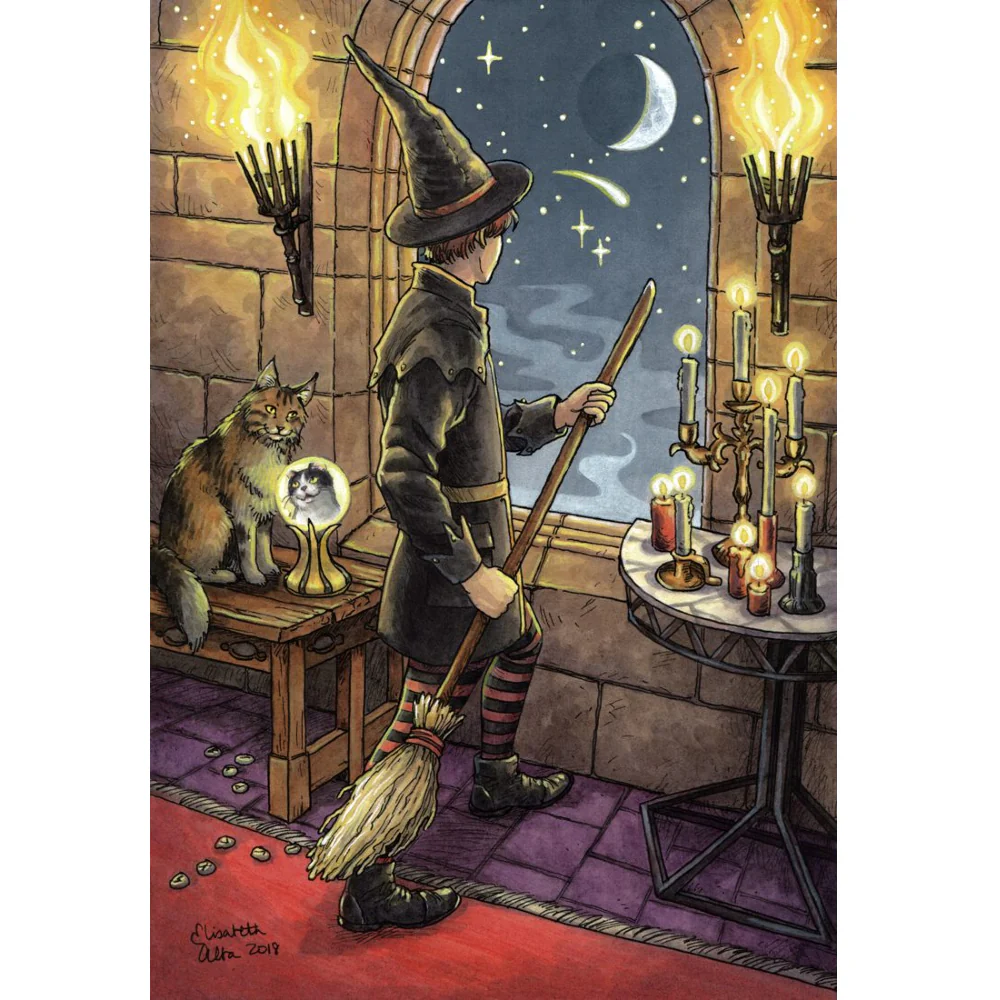Unconventional Self-Discovery Through the Occult
In a world increasingly driven by logic, the path to occult self-discovery is often packaged in therapy sessions. However, for some individuals, these traditional approaches feel too sanitized—even impersonal. In contrast, the occult—long misunderstood and frequently misrepresented—offers a darker, more introspective mirror. For centuries, seekers have turned instead to arcane wisdom, ritual practices, and esoteric symbolism.
In this article, we will explore how unconventional methods rooted in the occult—ranging from shadow work to divination—can be used to help people. By examining these practices step by step, we uncover how they guide individuals beyond the surface.

The Occult: Beyond Horror Tropes and Stereotypes
The word “occult” simply means “hidden”—knowledge concealed from the mainstream, often deliberately so. Yet modern media has warped its meaning into a shorthand for evil, thanks to centuries of religious suppression and Hollywood horror.
In truth, occult systems are incredibly diverse, ranging from astrology, alchemy, and tarot to Hermeticism, witchcraft, chaos magick, and energy work. They act as metaphysical toolkits—frameworks for interpreting existence, understanding patterns, and experimenting with consciousness.
For those brave enough to walk these paths, the occult may not offer easy answers. However, what it does provide is radical subjectivity—a powerful invitation to explore your psyche, confront your pain, reclaim your power, and unlock your potential, all without requiring validation from anyone else.

Occult Shadow Work: Facing the Parts You’ve Buried
Coined and popularized by psychoanalyst Carl Jung, “shadow work” refers to the process of confronting the hidden or rejected parts of ourselves—the “shadow self.” In the occult, shadow work takes on a mystical dimension. Instead of just journaling or reflecting, practitioners might use ritual, sigil crafting, or mirror meditation to invoke the shadow and dialogue with it.
Imagine standing before a black mirror by candlelight, invoking your fear, shame, or past regrets—not to banish them, but to integrate them. These experiences can be haunting but also healing. They teach us that our wounds carry wisdom and that to be whole, we must welcome even the monstrous parts of ourselves.
In occult practice, shadow work is not about punishment; rather, it is a path toward liberation.

Occult Tarot and Divination: Symbols of the Subconscious
While often mistaken for fortune-telling gimmicks, tarot cards are far more meaningful. In the hands of a self-seeker, they become visual keys to the subconscious mind. Each card in the deck, in fact, represents an archetype, an emotional phase, or a life challenge—ranging from grief (Five of Cups) to empowerment (Queen of Wands).
Through regular readings—not just for outcomes, but for insight—individuals can track their emotional growth, explore inner conflicts, and make sense of spiritual longings. A card pull becomes less about “what will happen to me” and more about “what am I being asked to confront within?”
Other forms of divination, such as pendulums, runes, or scrying, offer similar results—less about external fate and more about internal alignment.

Rituals as Acts of Reclamation
Ritual, as a core component of most occult practices, serves a deeper purpose than mere tradition. Whether it’s lighting candles, setting intentions, or invoking deities or energies, these symbolic acts help anchor your desires and affirm your personal agency. Consequently, for those on the path of self-discovery, ritual becomes a powerful, physical embodiment of inner transformation.
For instance, if you want to break a toxic pattern, you might perform a cord-cutting spell—symbolically severing the energetic tie and reclaiming your power.

Similarly, if you’re looking to reclaim confidence after trauma, you might craft a sigil for empowerment and charge it under the light of a full moon.
These acts become more than metaphors—they are moments when the mundane and the mystical intersect. In a world that often leaves us feeling powerless, ritual tells us, “You are the author of your own story.”

Ancestral Work: Healing Through Lineage
Many people walk around carrying inherited wounds they don’t understand. Intergenerational trauma, unspoken family secrets, and ancestral patterns linger in our psyches—influencing behavior, relationships, and even mental health.
Occult traditions that emphasize ancestor work (such as folk magic, African Diaspora religions, or pagan paths) offer tools for healing this unseen inheritance. Altars, offerings, meditations, and trance journeys can all be used to connect with ancestors—not just to honor them, but to ask for guidance and to break harmful cycles.
This is self-discovery with historical depth. It allows the seeker to step outside their own ego and see themselves as a link in a much longer chain—capable of healing not only themselves, but those who came before and those yet to come.

Astrology and Cosmic Identity
While often mocked for its horoscope clichés, astrology in its true form is an intricate language of symbols and patterns. Your natal chart—a cosmic map of the planets at the moment of your birth—serves as a blueprint of your psychological makeup, spiritual tendencies, and life path challenges.
Through deep astrological study, one can identify core wounds (Chiron), communication style (Mercury), emotional needs (Moon), and soul purpose (North Node). Rather than determining fate, astrology reveals potential—the energies you carry and how to work with them rather than against them.
For many, understanding their chart leads to moments of clarity: “This is why I struggle here. This is what I need to thrive.” It becomes a language of self-permission, not self-limitation.

Chaos Magick and the Power of Belief
For those less drawn to tradition and more to experimentation, chaos magick offers one of the most direct occult paths to personal evolution. In chaos magick, belief is treated like a tool—not a dogma. You can borrow, remix, and discard symbols and systems as needed.
Want to create a ritual invoking Batman as a personal archetype of courage? Go for it.

Want to program a sigil to help you overcome imposter syndrome? Design it, charge it, release it.
Chaos magic teaches that belief itself shapes reality—and thus, by reshaping your internal beliefs, you can reprogram your external life. It’s psychology meets sorcery, and it can be incredibly empowering for the spiritually rebellious.

Walking Between Worlds: Dreams, Trance, and Other States
Occult paths often explore liminal states—moments when the veil between consciousness and the unknown thins. Dream work, astral projection, lucid dreaming, and trance meditation are all used to gain insight into the self from beyond the waking mind.
A dream where you confront your childhood self could become the catalyst for healing. A trance journey might reveal a repressed desire you’ve been avoiding. In these states, your subconscious speaks more freely—and the answers you receive often bypass logic and go straight to the soul.
These experiences often spark spiritual awakenings or unlock forgotten creativity. They invite you to walk between the visible and invisible, the known and the mysterious.

The Dark Night of the Soul
Not every occult journey is light-filled. Often, diving into the self through the occult means facing despair, disillusionment, or ego death—a stage mystics call the Dark Night of the Soul.
This is when old identities fall away. Beliefs crumble. You feel lost, disconnected, and raw. Yet paradoxically, this stage can be the most powerful. It’s where the alchemical transformation begins—where the ego dies so the soul can emerge.
The occult doesn’t fear the dark. It honors it. Because only by descending into our personal underworlds can we return with treasure.

Community and the Modern Occult Renaissance
Though the occult path is often solitary, it doesn’t have to be lonely. The rise of online covens, witchy podcasts, tarot collectives, and spiritual Discord servers has created vibrant communities of seekers.
These modern practitioners aren’t all wearing robes under full moons (though some do!). They’re therapists, artists, gamers, writers, and healers—people reclaiming ancient tools to navigate a very modern world.
The shared language of the occult—symbols, archetypes, rituals—creates a network of belonging for those who’ve never felt at home.

The Courage to Be Your Own Oracle
Self-discovery through the occult is not for the faint of heart. It’s messy, mystical, and often misunderstood—but incredibly rewarding. It calls you to sit with your wounds, ask strange questions, and reclaim forgotten parts of your soul.
Whether you’re pulling tarot cards in the dead of night, whispering to ancestors, or crafting spells by candlelight. You are remembering who you were before the world told you who to be.

The occult does not give you answers.
It gives you tools.

And through those tools, you become your own oracle—your own guide through the darkness, into the light.

